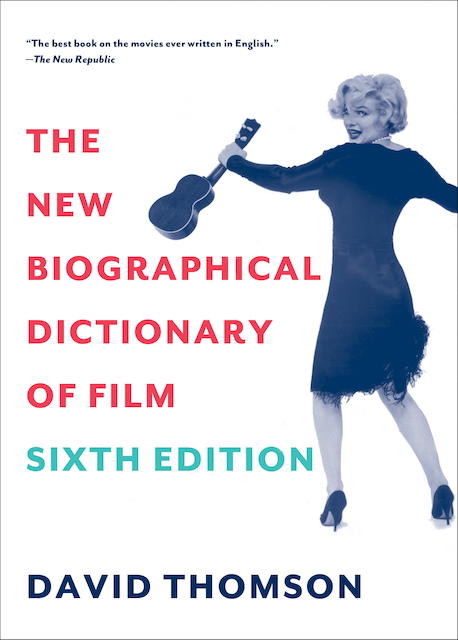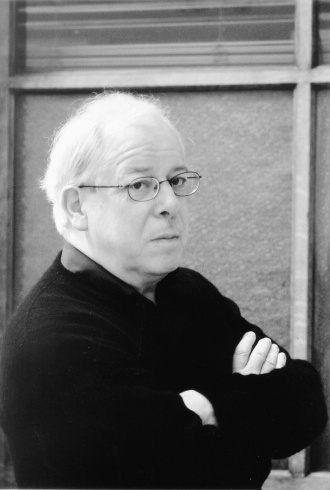Book Review: The New Biographical Dictionary Of Film (Sixth Edition)


David Thomson allows you to disagree with his opinions—he just doesn’t think it’ll come to much.
photo by Lucy Gray








